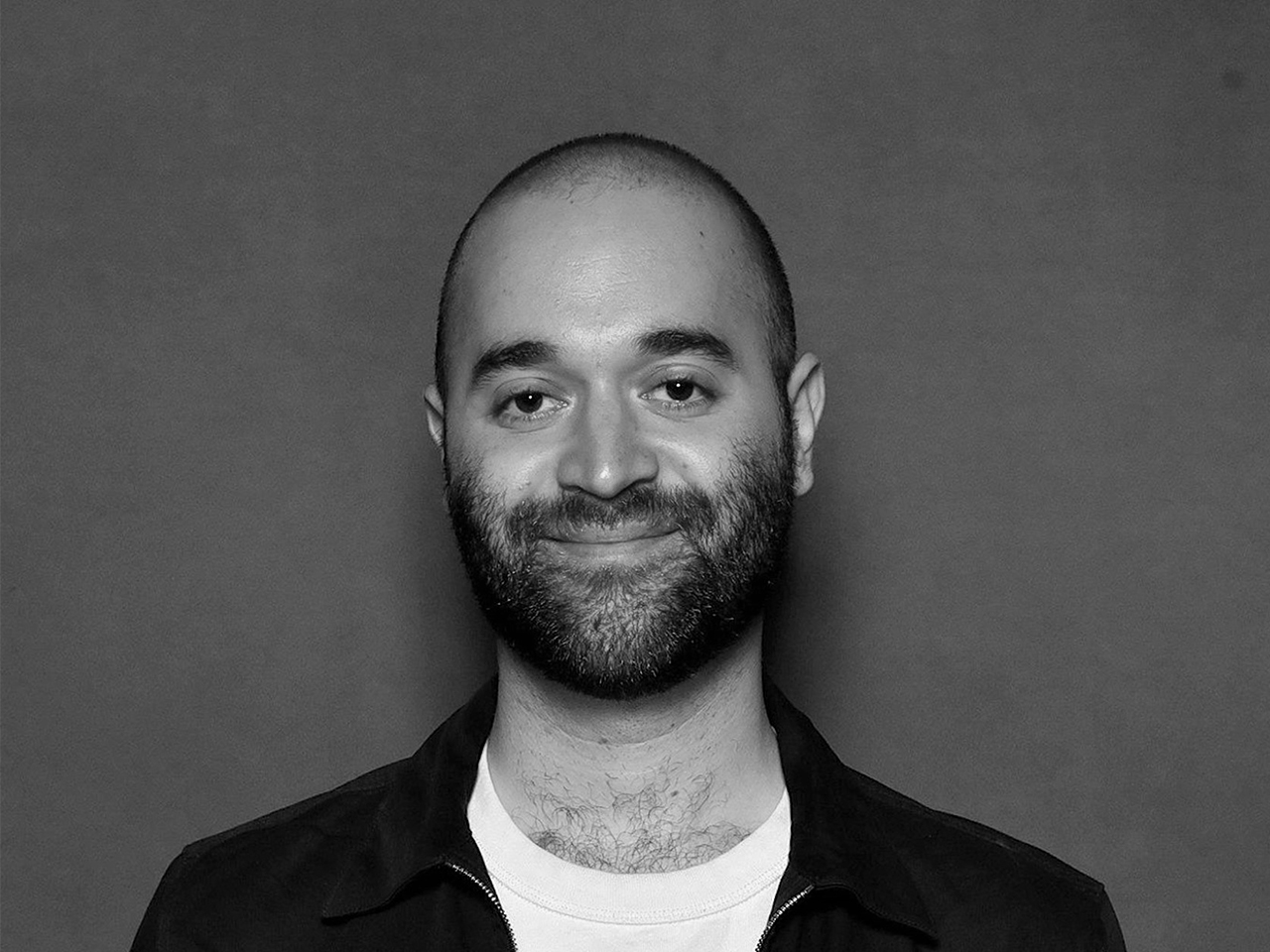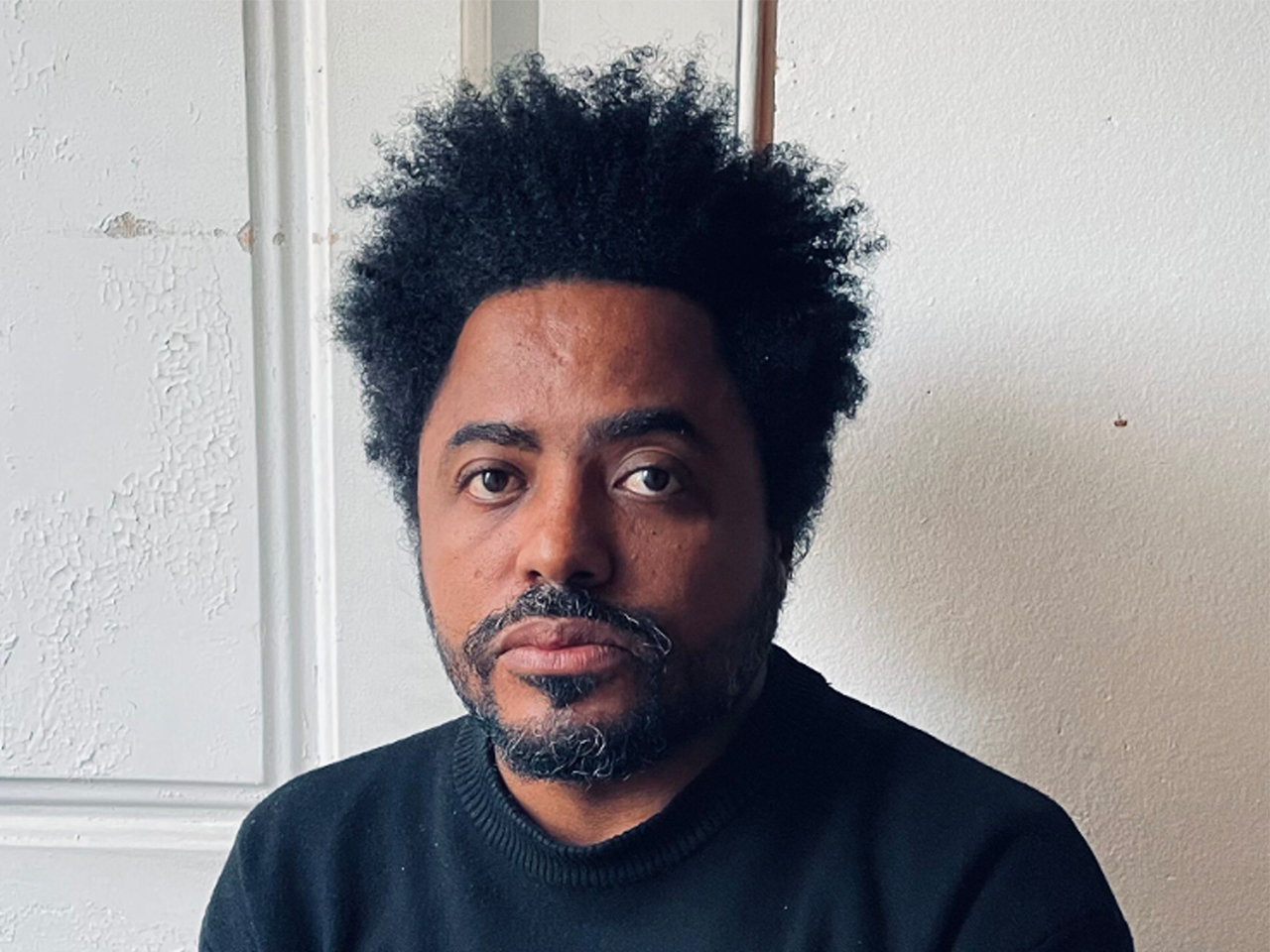Tiago Mena Abrantes & Kiluanji Kia Henda
Tiago Mena Abrantes (b.1993, Angola) is a visual artist who primarily engages with the practice of drawing and its different expansions, from painting to printmaking. His work also involves photography, video, animation and installation art. Mena’s practice is influenced by imagery and concepts found within surrealism and the absurd, the genres of science-fiction and the supernatural, by natural and urban landscapes as well as by elements of Angolan culture. Mena’s professional and academic career has passed through Europe, USA and Latin America, before returning to Angola, where he is currently based.
Kiluanji Kia Henda (b. 1979, Angola, lives and works in Luanda) uses art as a means of transmitting and constructing history. He explores photography, video, performance, installations, object-sculpture, music and avant-garde theatre as ways of materializing fictional narratives and shifting facts to different temporalities and struggles.
Kia Henda’s work was included in or commissioned by: 60th Venice Biennale, Venice; Serpentine Galleries, London; Haus der Kulturen der Welt (HKW); Centre George Pompidou, Paris; Migros Museum, Zurich; Tate Modern, London; Guggenheim Museum, Bilbao; 29th São Paulo Biennale, among others.
Work Wont Fix it
2025
Series of 24 posters 70 × 100cm each
Courtesy of the artists
The series features 24 posters that reflect on how capitalism has appropriated work and productivity, stripping these concepts of their potential for social transformation and reducing them to mere tools for wealth accumulation. In the work, Kia Henda and Mena Abrantes critique what they see as misleading myths within a neoliberal society marked by inequality. According to them, such myths include the belief that hard work brings a prosperous life, or the existence of meritocracy (the idea that suggests knowledge, skills, and performance alone determine one’s place in society, regardless of inherited privilege, class, gender, or ethnicity). Work Won’t Fix It invokes the term kunanga— slang used in Luanda, Angola, for those who deliberately opt out of conventional employment—and the work stands as the artists’ manifesto against a system that equates labour with human worth.


